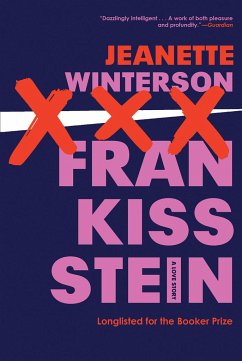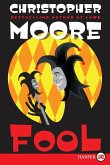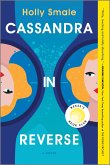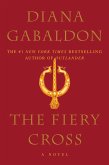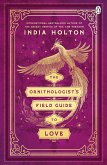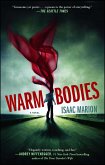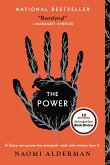A young transgender doctor, Ry Shelly, is in the middle of the debate of artificial intelligence. What is possible, what is desirable? What makes a human being a human being and could bots be the better versions of us? AI will surely solve a lot of problems, but won’t it create new ones at the same
time? Ron Lord is one of the people who will invest in the new technology and hopes to make a lot of…mehrA young transgender doctor, Ry Shelly, is in the middle of the debate of artificial intelligence. What is possible, what is desirable? What makes a human being a human being and could bots be the better versions of us? AI will surely solve a lot of problems, but won’t it create new ones at the same time? Ron Lord is one of the people who will invest in the new technology and hopes to make a lot of money with it; his aim is the creation of the next generation of sex dolls which fulfil all wishes. At the same time, we travel back to the year 1816 when a young woman turned the idea of creating a human being into a highly praised novel: Frankenstein.
With “The Gap of Time”, Jeanette Winterson already showed for me that she is a highly gifted author who can use an old plot and turn it into something completely new that is not only highly entertaining but also beautifully and intelligently written at the same time. In her latest novel, she turns to Mary Wollstonecraft Shelley’s Frankenstein and takes the idea if man as the creator of human being on a higher and contemporary level.
I love the idea of taking and old plot and transferring it to our time, the Hogarth Shakespeare series has clearly proven that this can be something really worth undertaking. The novel skilfully woves the time of Mary Shelly’s stay at Lake Geneva, when she wrote her story of the famous monster, and Ry Shelley’s journey through the world of AI. At times, the dialogues are simply hilarious – I especially liked the one about the sex dolls – at others, the is a serious and in-depth discussion about the chances but also the ethics of AI. And she also raises the big questions of life and death and what comes after the later.
I read an electronic version of the book and marked so many sentences that I now have a large list of quotes that I would eagerly share but that goes far beyond a review. Apart from the wonderful language, there are so many allusions and cross-references that it is a great joy to decipher the novel, beginning with the names of the characters and ending at films such as Blade Runner and the Greek mythology. All in all, a brilliant piece of work that surely is among the more demanding novels and therefore, again, underlines Jeanette Winterson’s place among the highest ranked contemporary authors.

